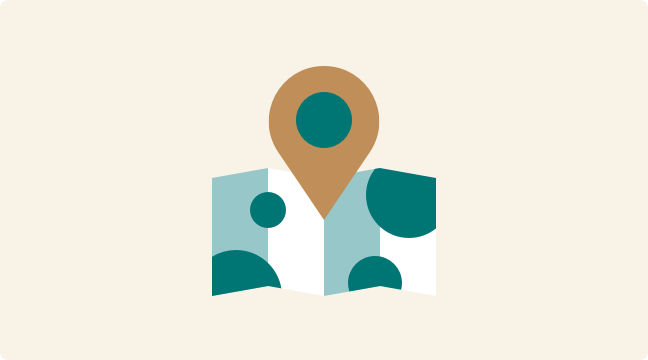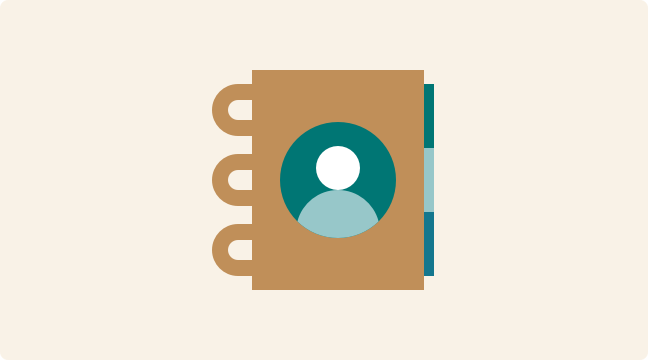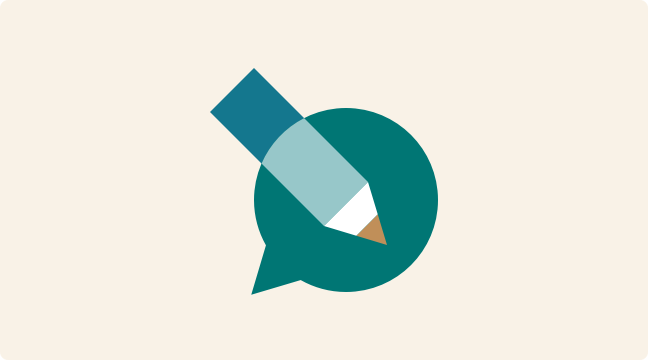June 08
Anyone Can Learn to Harness Their Abilities as a Remote Viewer
An Interview on Remote Viewing with Marinda Stopforth
Remote viewing is a topic that has fascinated people since it was named in 1970. The phenomenon has been featured on countless media channels from CBS to Netflix, and it’s only gaining more popularity over time. What is remote viewing? It is the practice of seeking information about an unknown target through means of extrasensory perception.
What many don't realize, however, is that the Monroe Institute follows a specific protocol while teaching their Remote Viewing programs
Usually, the person conducting a remote viewing task is given the coordinates of an object, location or person that is separated from them and unknown to them. The remote viewer will gain information about this unknown target intuitively and record it. The surprising accuracy of many recorded accounts of remote viewing has shocked the world, as it demonstrates the effect of extrasensory perception. In other words, remote viewing can help people realize they are more than their physical bodies.
What many don't realize, however, is that the Monroe Institute follows a specific protocol while teaching their Remote Viewing programs. After attempting this myself during my Gateway Voyage program, I was curious to learn more about the Remote Viewing programs offered at the Monroe Institute. So, I sat down with trainer Marinda Stopforth to discuss remote viewing in greater detail.
“It stimulates something in you when you feel that stirring, that curiosity. It’s a clue that it may be time to take the course and learn more about [remote viewing] and your own natural capacity for it.
Marinda explained that anyone can learn to harness their abilities as a remote viewer. “We all have this talent. This is a natural ability ... We only learn the extent of our own talent when we show up to practice—when you show up to take the [Remote Viewing] course.” The Monroe Institute briefly goes over the basics of remote viewing during the Gateway Voyage program. It inspires interest in some participants to learn more about remote viewing and expand their skills.
“I think many people are curious.” Marinda added, “It stimulates something in you when you feel that stirring, that curiosity. It’s a clue that it may be time to take the course and learn more about [remote viewing] and your own natural capacity for it. In the short, basic program ... we see phenomenal remote viewings from people who have never tried it before. It confirms to us that it is a natural ability, that each one of us has this, and a good remote viewer is one who is consistent and keeps practicing.”
While countless participants show phenomenal skills in remote viewing, it’s important to remember that no one is right every time. And like anything, remote viewing is a skill that must be developed through practice. Marinda explained that a good remote viewer is not always spot on. “To me, it’s very much a reflection of how we live life; sometimes, it’s really smooth and easy, and other times it’s a little bumpy.” She explained that one of the most valuable lessons we can take away from remote viewing is to be okay with not knowing. In our society, we are conditioned to be right, and you are rewarded when you can come up with the answer first. We are outcome- and achievement-driven because that’s always been rewarded.” She added, “We want to be rewarded. That desire needs to be unlearned when you want to do remote viewing, and that’s difficult for people to do.”
We teach according to the remote viewing protocol, which is researched and documented. We are fortunate at the Monroe Institute to have a world leader in remote viewing on faculty. Joe [McMoneagle] ...
As mentioned above, remote viewing follows a specific protocol. As we continued to discuss this in greater detail, Marinda explained, “We teach according to the remote viewing protocol, which is researched and documented. We are fortunate at the Monroe Institute to have a world leader in remote viewing on faculty. Joe [McMoneagle] has not only been considered one of the very best in the world, but he did it professionally for many years. He’s also been very involved in the research side of remote viewing. We are very fortunate to have his guidance.”
An important part of the remote viewing protocol is that a target must be double-blind. Marinda explained this to me, “Double-blind means that no person who’s involved in the viewing tasking knows what the target is. So, in our module [at the Monroe Institute], we expose our students to the three main roles of remote viewing. We obviously teach them to practice remote viewing. But we also talk about, teach and give students the opportunity to be monitors. The monitor is the person who is with the viewer and who guides him (or her) and keeps him on task. We also teach the analysis part. Our students get the opportunity to learn and practice each of these roles because each role has an influence on how you approach every target. All three roles in a double-blind situation must have no idea what the target is.”
“With each person I have spoken with about their Remote Viewing experiences,” Marinda added, “there is consensus that no specific ‘ah hah’ moment comes on cue for everyone. In other words, that moment when it all clicks for a student (and they begin seeing success) is unique for everyone.” Marinda explained to me, “Some people say they come to that ‘ah hah’ moment when they realize, and know without a doubt, that they are more than their physical body.” When a remote viewing is performed and a student is spot on with their results, they know they had no idea what the target was going into the remote viewing. And seeing accuracy validates them, through their own experiences, that there must be more out there. “We see miracles happen. And for many people, that is a confirmation that we are more than our physical body ... So, I think that’s the big ‘ah hah’ moment.”
This is an important point to take away from Marinda’s interview. Through most courses at the Monroe Institute, many students step away with a greater knowledge that they are more than their physical bodies. Whether they had an out-of-body experience, somehow just “knew” things they couldn’t explain or had experiences so surreal to them that they couldn’t deny them, many people discover and are instantly changed by the idea that there is more out there. In my experience, the Monroe Institute is always surprising participants.
During Remote Viewing beliefs turned into knowns. And it was really amazing.
What I found truly unique about Marinda’s story is that she, in a way, fell into remote viewing and was surprised by it. “I had been working as a trainer for many years before I even took the Remote Viewing program. The reason I did was because in Gateway [Voyage], we introduce remote viewing to the Gateway participants. I thought, ‘I’m going to take this program because I want to better understand how to present it to the Gateway students.’ I had such an amazing spiritual awakening [when I took the remote viewing program]—probably the most significant (at least up until that time). During Remote Viewing beliefs turned into knowns. And it was really amazing.”
Just like with Marinda’s experience, it’s very possible for you to find your own undiscovered talents or your untapped potential by taking the Remote Viewing program and practicing your remote viewing skills. After speaking with Marinda and learning more about the program, I think I’ll be signing up for the next Remote Viewing.
Interested in learning to Remote View? Join us for an upcoming program.
Remote Viewing Basics
Don't Wait! Sign up for Gateway Voyage today.
Learn MoreMalorie Mackey
Actress, author and adventurer



